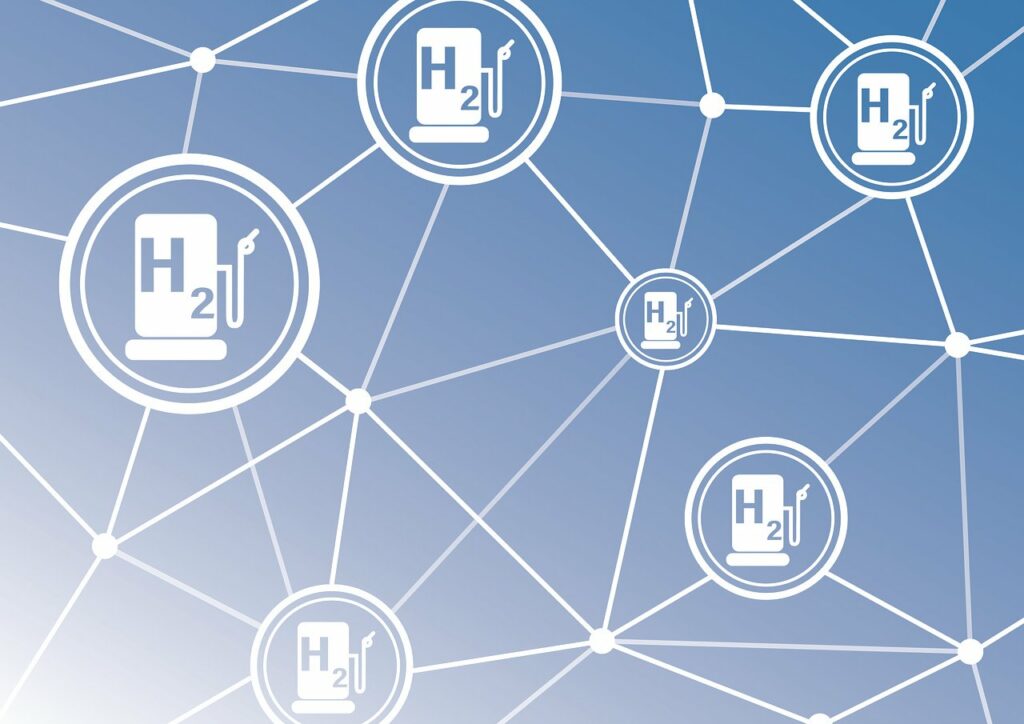Yesterday marked the groundbreaking for Hynion’s new hydrogen refueling station in Jönköping.
This development is part of Hynion’s broader strategy to introduce a new generation of hydrogen refueling stations with a capacity of 1500 kg of hydrogen per day. Designed primarily for heavy vehicles but also accessible to passenger cars, the station is expected to be operational by September this year.
Hynion’s initiative is supported by a 61.4 million SEK subsidy from the Swedish Energy Agency, aimed at building two hydrogen refueling stations. The first of these stations is already under construction in Västerås, with the Jönköping station now joining the effort. Located in the Torsvik logistics area along the E4 highway, the station benefits from its strategic position in a major logistics hub that serves several prominent companies, including IKEA and DHL.
The development of hydrogen refueling infrastructure is a critical step towards broader adoption of hydrogen as a fuel, particularly in the heavy transport sector. However, the viability and impact of such projects need to be assessed against industry benchmarks and standards.
In terms of capacity, Hynion’s planned 1500 kg per day is a notable achievement, aligning with the growing trend of developing high-capacity refueling stations to support the transition to hydrogen. However, challenges remain, particularly in terms of the economic feasibility and operational reliability of hydrogen refueling stations. According to industry reports, the high costs associated with hydrogen production, storage, and distribution continue to pose significant barriers to widespread adoption.





